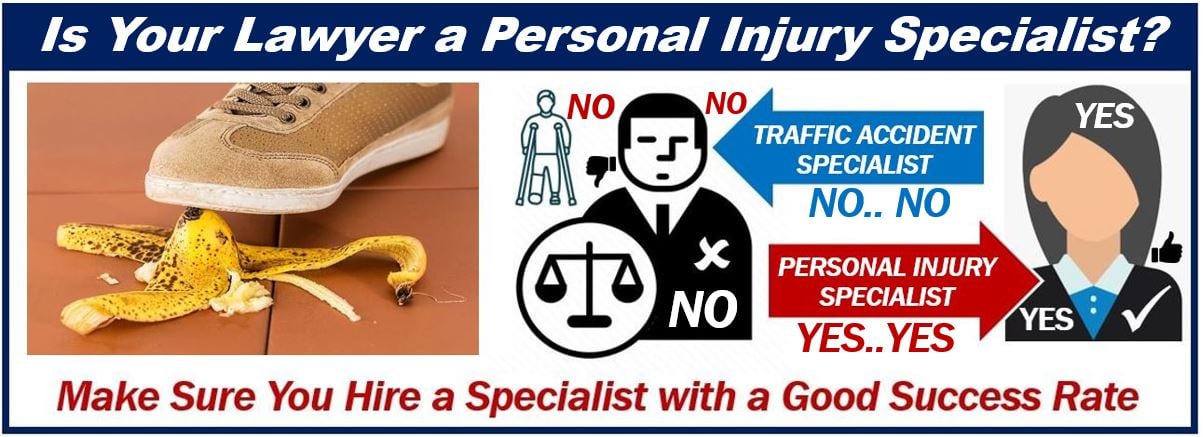It is understandable that if you are a personal injury victim who has been severely injured because of someone else’s carelessness or neglect you would want to be compensated as soon as possible. However, the time it takes to settle a personal injury claim can vary, depending on the specific details of your case. Unfortunately, the reality is that no two claims are the same, while some claims are settled promptly, others can take much longer.
Filing a lawsuit can be complicated. To help you understand the personal injury claim process, we’ve listed some of the most common reasons for delays in cases. However, we recommend if you have any questions about your case, it is best to speak to your attorney.

Reaching Maximum Medical Improvement
Unless you’ve reached your maximum medical improvement, you may not get the full settlement that you’re entitled to get. Reaching maximum medical improvement simply means you’ve healed as much as you are going to following your injury.
Some injuries take longer to reach maximum medical improvement, so you should wait until you’ve reached this stage. Once you’ve reached maximum medical improvement, it will be easy to calculate your total medical expenses and determine your future costs. Understanding how much your recovery will cost you over the long run is essential to getting a fair settlement.
Legal or Factual Issues
Another reason that personal injury cases are delayed is that it can be difficult to prove liability. Even when the other party is responsible for your injury, if they disagree that they are responsible for your injury it can get complicated. The other party may also challenge the type of injury you’ve suffered or the financial value of your claim. All of these things can delay your case.
Some insurance companies will try to not provide a fair amount to cover your medical expenses, further delaying your case. If this happens, you’ll need to provide further proof of your claims. Alternatively, you can hire a professional to evaluate the cause or extent of your injury.
If there are legal or factual issues that are delaying your case, you and your lawyer may need to gather more evidence and facts to support your claim.
Severity of Injuries
In personal injury cases, there may be some disagreement about the type and severity of the injuries the victim has experienced. To overcome these challenges, you need to provide proof of the severity of your injury. You and your lawyer will also need to offer evidence about the other party’s duty of care and how their neglect of that duty led to your injuries.
How seriously you were injured can also hold up the case. Claims for injuries that are not as severe or disabling will be settled faster than if you’ve suffered a serious medical disability.
The other party may also dispute the cost involved with recovery. Additionally, insurance companies can also slow down the process of personal injury claims, particularly if they have to pay a huge amount in a settlement.
Complexity of Case
The claim process can be delayed if there is a higher level of complexity to your case. For example, a rear-end collision is a pretty straightforward case and thus, easier for an agreement to be reached. But, if there are multiple people involved, or there is a dispute over who is responsible for the incident, it will take much longer to sort out.
Ample documentation can help your case move along quicker. This can include police reports, eyewitness accounts, etc. If there is a dispute over the cause of the incident or who was at fault, there will need to be discovery hearings. At these hearings, experts like engineers or accident reconstruction specialists will be asked to give their reports based on the evidence they are given.
Your Case Goes to Trial
Most personal injury cases are settled out of court, but filing a lawsuit may be the only option to get maximum compensation. It’s important to understand that if your case goes to trial, the process can take a year or longer.
Personal injury lawsuits take longer for a variety of reasons, such as:
- Requirement of expert reports
- Proof of attempt at alternative dispute resolution
- Other evidence required to support your case (economic loss report, future care reports, etc.)
Moreover, the court process for any type of lawsuit is often a lengthy one in Canada.

Your Personal Injury Case
If you have a personal injury claim or are in a dispute with your insurer, the best thing you can do is hire a professional lawyer to represent you. With an experienced attorney, you may be able to avoid unnecessary delays. While it can be frustrating to wait for compensation and justice, it is vital that you be truthful, calm, and patient throughout the entire process.
Interesting related article: “What is a Lawsuit?”

